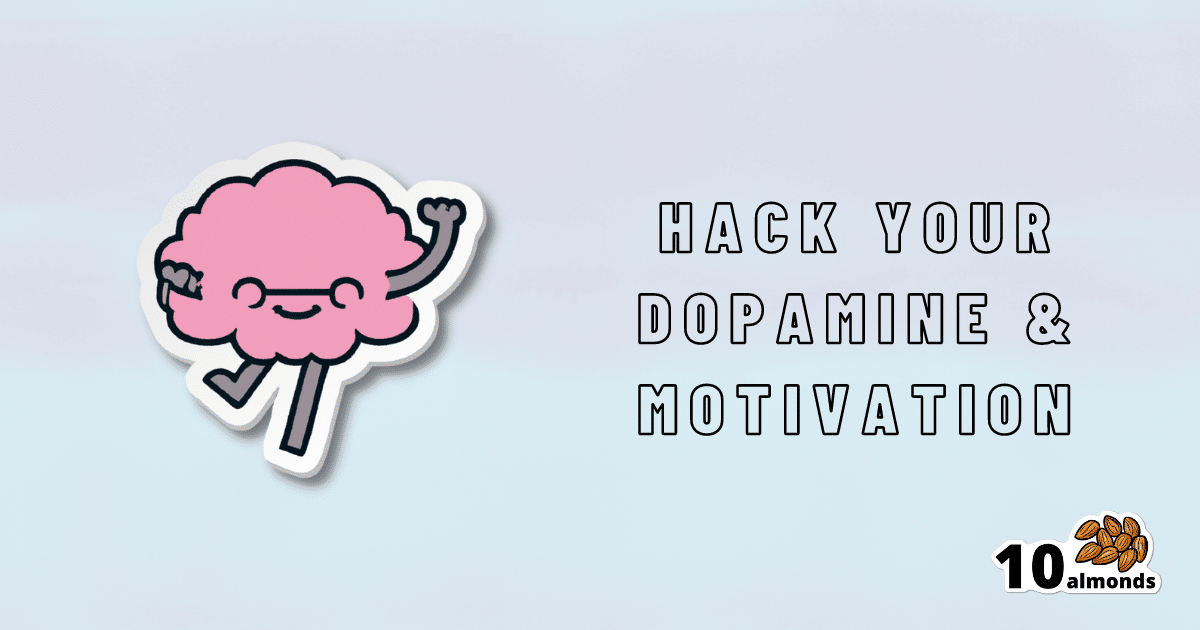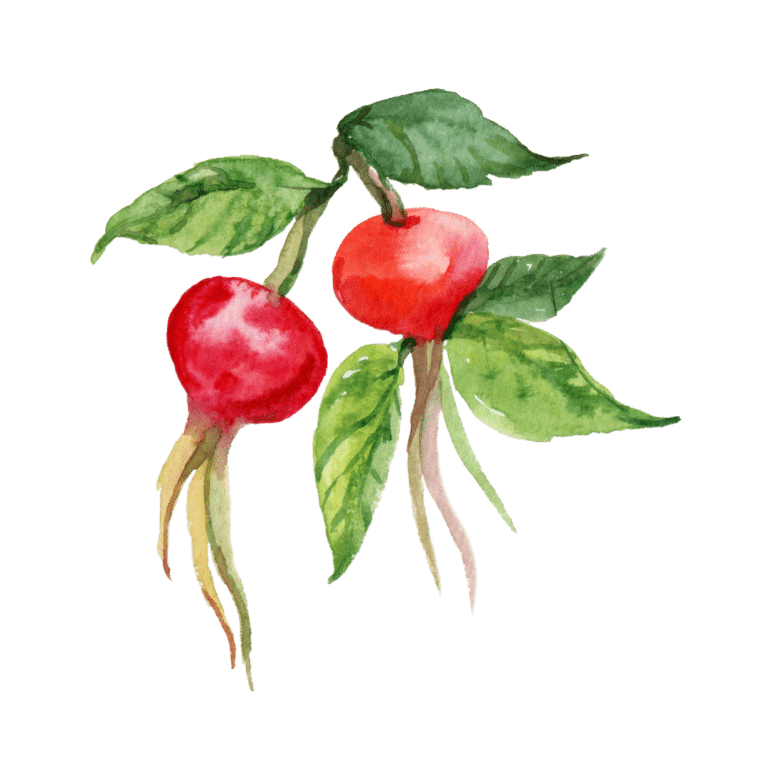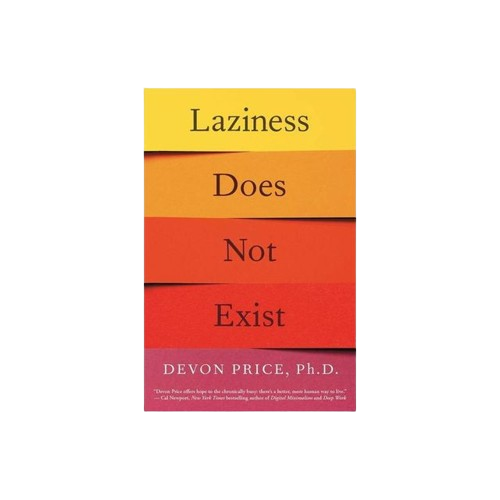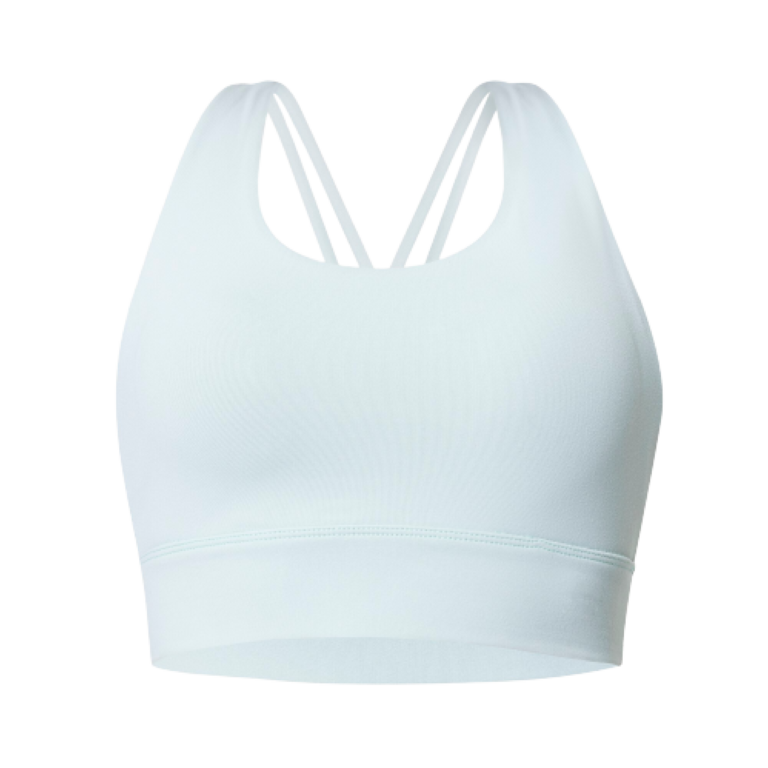Lacking Motivation? Science Has The Answer
The Science Of Motivation: How to Use It to Your Advantage. Dopamine plays a crucial role in motivation. Instead of aimlessly scrolling social media, find rewarding activities that align with your goals.

The Science Of Motivation (And How To Use It To Your Advantage)
When we do something rewarding, our brain gets a little (or big!) spike of dopamine. Dopamine is popularly associated with pleasure—which is fair— but there’s more to it than this.
Dopamine is also responsible for motivation itself, as a prime mover before we do the thing that we find rewarding. If we eat a banana, and enjoy it, perhaps because our body needed the nutrients from it, our brain gets a hit of dopamine.
(and not because bananas contain dopamine; that dopamine is useful for the body, but can’t pass the blood-brain barrier to have an effect on the brain)
So where does the dopamine in our brain come from? That dopamine is made in the brain itself.
Key Important Fact: the brain produces dopamine when it expects an activity to be rewarding.
If you take nothing else away from today’s newsletter, let it be this!
It makes no difference if the activity is then not rewarding. And, it will keep on motivating you to do something it anticipated being rewarding, no matter how many times the activity disappoints, because it’ll remember the very dopamine that it created, as having been the reward.
To put this into an example:
- How often have you spent time aimlessly scrolling social media, flitting between the same three apps, or sifting through TV channels when “there’s nothing good on to watch”?
- And how often did you think afterwards “that was a good and rewarding use of my time; I’m glad I did that”?
In reality, whatever you felt like you were in search of, you were really in search of dopamine. And you didn’t find it, but your brain did make some, just enough to keep you going.
Don’t try to “dopamine detox”, though.
While taking a break from social media / doomscrolling the news / mindless TV-watching can be a great and healthful idea, you can’t actually “detox” from a substance your body makes inside itself.
Which is fortunate, because if you could, you’d die, horribly and miserably.
If you could “detox” completely from dopamine, you’d lose all motivation, and also other things that dopamine is responsible for, including motor control, language faculties, and critical task analysis (i.e. planning).
This doesn’t just mean that you’d not be able to plan a wedding; it also means:
- you wouldn’t be able to plan how to get a drink of water
- you wouldn’t have any motivation to get water even if you were literally dying of thirst
- you wouldn’t have the motor control to be able to physically drink it anyway
Read: Dopamine and Reward: The Anhedonia Hypothesis 30 years on
(this article is deep and covers a lot of ground, but is a fascinating read if you have time)
Note: if you’re wondering why that article mentions schizophrenia so much, it’s because schizophrenia is in large part a disease of having too much dopamine.
Consequently, antipsychotic drugs (and similar) used in the treatment of schizophrenia are generally dopamine antagonists, and scientists have been working on how to treat schizophrenia without also crippling the patient’s ability to function.
Do be clever about how you get your dopamine fix
Since we are hardwired to crave dopamine, and the only way to outright quash that craving is by inducing anhedonic depression, we have to leverage what we can’t change.
The trick is: question how much your motivation aligns with your goals (or doesn’t).
So if you feel like checking Facebook for the eleventieth time today, ask yourself: “am I really looking for new exciting events that surely happened in the past 60 seconds since I last checked, or am I just looking for dopamine?”
You might then realize: “Hmm, I’m actually just looking for dopamine, and I’m not going to find it there”
Then, pick something else to do that will actually be more rewarding. It helps if you make a sort of dopa-menu in advance, of things to pick from. You can keep this as a list on your phone, or printed and pinned up near your computer.
Examples might be: Working on that passion project of yours, or engaging in your preferred hobby. Or spending quality time with a loved one. Or doing housework (surprisingly not something we’re commonly motivated-by-default to do, but actually is rewarding when done). Or exercising (same deal). Or learning that language on Duolingo (all those bells and whistles the app has are very much intentional dopamine-triggers to make it addictive, but it’s not a terrible outcome to be addicted to learning!).
Basically… Let your brain’s tendency to get led astray work in your favor, by putting things in front of it that will lead you in good directions.
Things for your health and/or education are almost always great things to allow yourself the “ooh, shiny” reaction and pick them up, try something new, etc.
Share This Post
Learn To Grow
Sign up for weekly gardening tips, product reviews and discounts.




